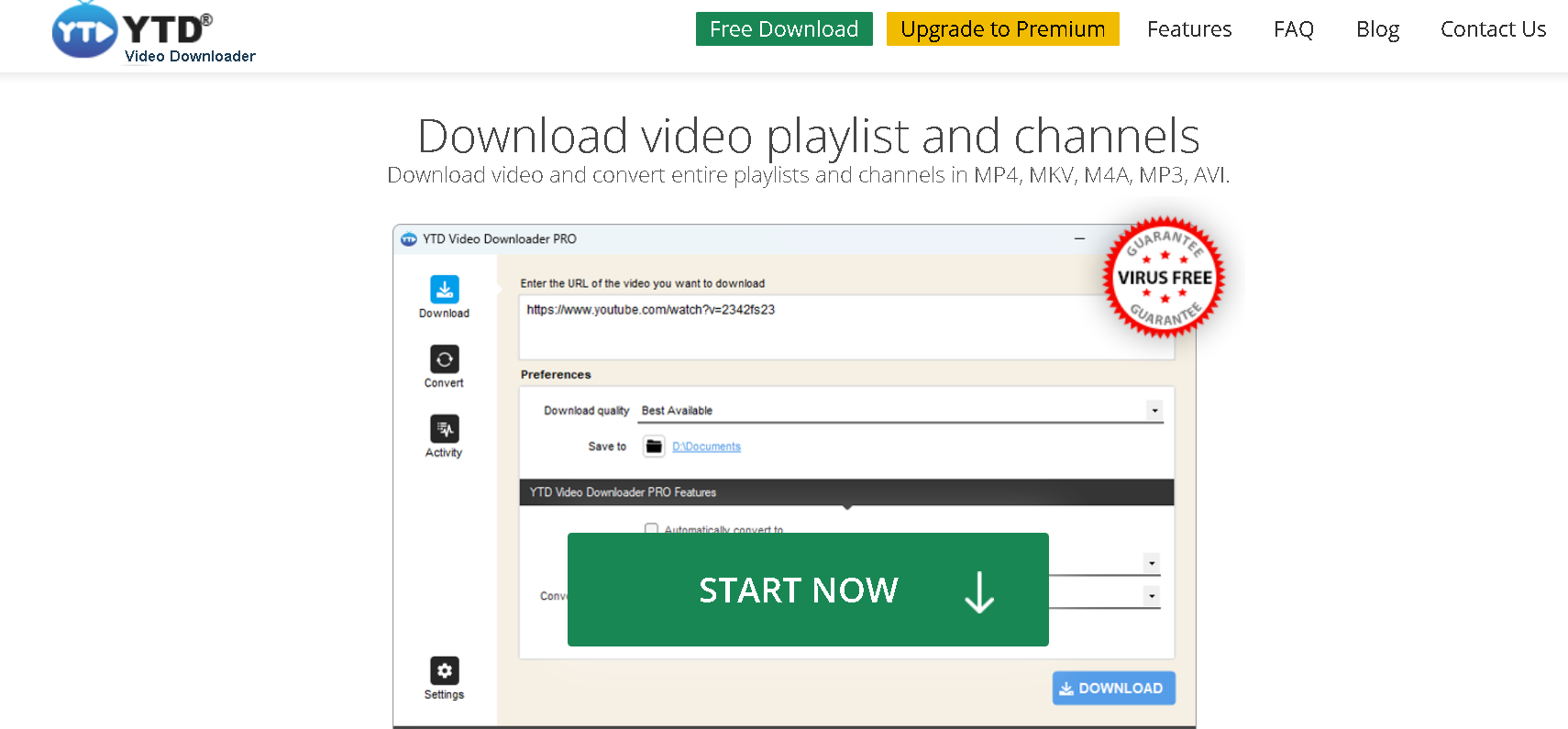Phone number tracking is the process of identifying the location and other relevant details of a mobile or landline phone number. It’s a service that has gained significant attention due to its various applications, both for personal and business use.
When Did Phone Number Tracking Start?
Phone number tracking has been around for quite some time, primarily used by law enforcement and security agencies for investigations. However, with the advancement of technology, especially in the telecommunications and mobile industries, phone number tracking has become more accessible to the general public.
Where Can You Track a Phone Number?
Phone number tracking can be done through various methods and services, both online and offline. Here are some common ways:
- Mobile Apps: Several mobile apps, often designed for tracking lost or stolen phones, can also track the location of a phone number. Some well-known apps include Find My iPhone (for iOS devices) and Find My Device (for Android devices).
- Online Tracking Websites: Many websites offer phone number tracking services. Users can enter the phone number they want to track, and these websites provide information such as the location on a map, service provider, and sometimes even the caller’s name.
- Mobile Service Providers: Some mobile service providers offer tracking services for their customers. This can be useful for parents who want to keep an eye on their children’s whereabouts or for businesses tracking employees’ company-provided phones.
- Law Enforcement Agencies: Government authorities and law enforcement agencies have more advanced tracking capabilities. They can track phone numbers with the help of service providers, GPS, and cell tower triangulation.
Who Can Benefit from Tracking a Phone Number?
- Parents: Concerned parents can use phone number tracking to ensure their children’s safety and verify their location.
- Individuals: People who have lost their phones or had them stolen can use tracking services to try and recover their devices.
- Businesses: Companies often provide phones to employees for work purposes. Tracking these phones helps ensure they are used responsibly and for work-related activities.
- Law Enforcement: Authorities use phone number tracking as a critical tool in criminal investigations, locating missing persons, and ensuring public safety.
Why Would You Want to Track a Phone Number?
There are several valid reasons for tracking a phone number:
- Safety and Security: Tracking can help ensure the safety of loved ones or locate a lost or stolen phone.
- Business Management: Companies can track employee phones to monitor their location during work hours and improve fleet management.
- Emergency Response: In case of emergencies, tracking can help responders locate individuals in distress quickly.
- Criminal Investigations: Law enforcement agencies use phone number tracking to solve crimes, locate suspects, and ensure public safety.
Which Methods are Used for Phone Number Tracking?
Phone number tracking methods can vary depending on the service or technology used. Here are some common methods:
- GPS Tracking: This method uses the phone’s built-in GPS to pinpoint its location accurately. It’s one of the most accurate methods but requires the phone to have an active GPS signal.
- Cell Tower Triangulation: This technique involves using signals from nearby cell towers to estimate the phone’s location. It’s less precise than GPS tracking but works even if the GPS is turned off.
- Wi-Fi Positioning: Phones can also be tracked based on the Wi-Fi networks they connect to. This method is often used indoors, where GPS signals may be weak.
- IP Address Tracking: When a phone is connected to the internet, its IP address can reveal its approximate location.
Whose Permission is Required for Phone Number Tracking?
The legality and ethicality of tracking a phone number depend on the purpose and jurisdiction. In many cases, tracking one’s own phone or a phone within your ownership, such as a family member’s or a company-provided device, is acceptable without consent. However, tracking someone else’s phone without their permission may raise legal and ethical concerns.
In conclusion, phone number tracking has become a valuable tool with various applications in today’s digital age. Whether it’s for ensuring the safety of loved ones, managing a business, or aiding in criminal investigations, the ability to track a phone number can provide valuable insights and assistance. However, it’s essential to use this technology responsibly and respect privacy and legal boundaries.
For more detailed information on phone number tracking and related topics, you can refer to this comprehensive guide.











